$50 Million Gift for Weill Cancer Hub East
Notable
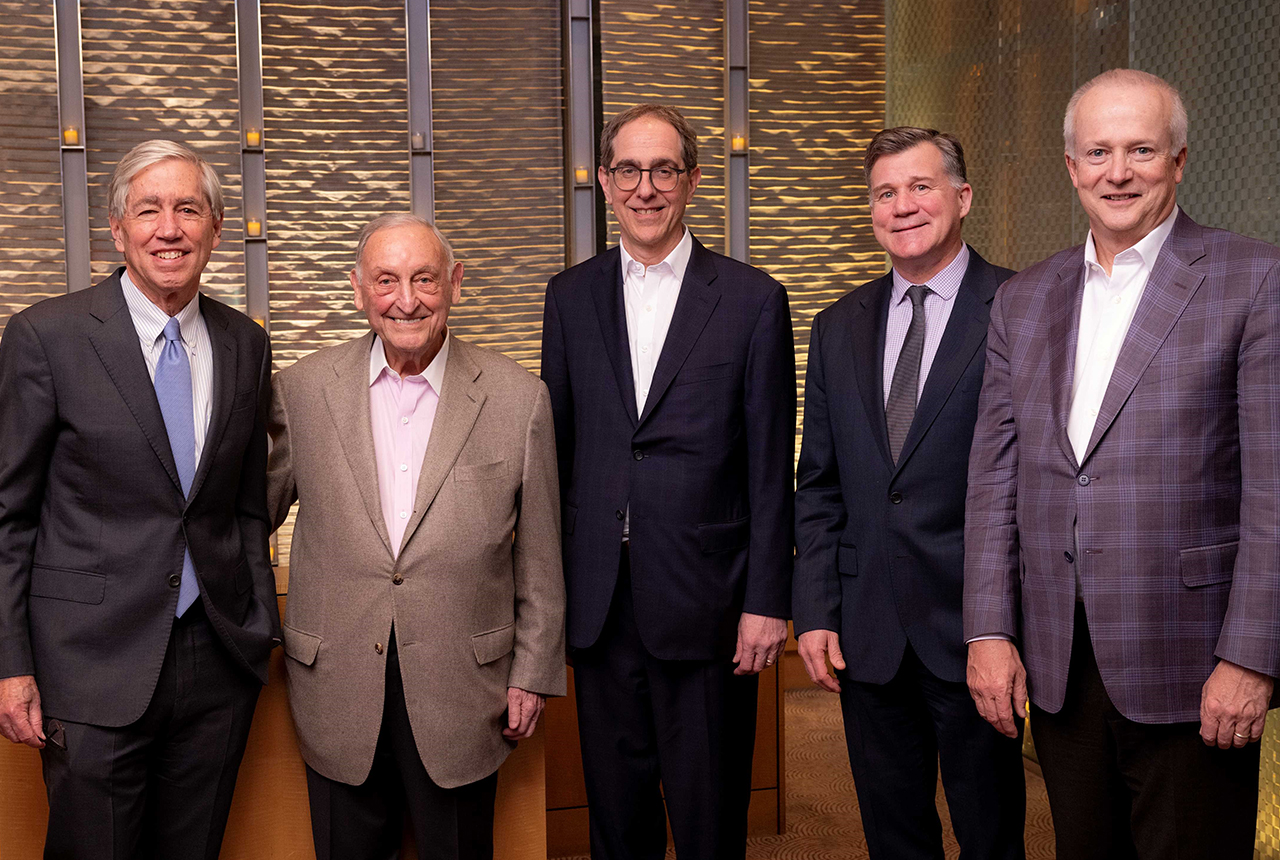
From left: The Rockefeller University President Dr. Richard P. Lifton; Sanford I. Weill, founder of the Weill Family Foundation and chair emeritus of Weill Cornell Medicine’s Board of Fellows; Christopher L. Eisgruber, president of Princeton University; Dr. Jonathan C.A. Skipper, president of Ludwig Institute for Cancer Research; and Dr. Robert A. Harrington, the Stephen and Suzanne Weiss Dean of Weill Cornell Medicine. The institutions will collaborate on research to understand the relationships between metabolism, nutrition and cancer. Photo by John Abbott
With a mission to understand how nutrition and metabolism impact the body’s ability to control cancer, four leading research institutions have united under the Weill Cancer Hub East, an innovative, collaborative partnership that aims to transform cancer treatment. The initiative connects world-class experts from Princeton University, The Rockefeller University, Weill Cornell Medicine’s Sandra and Edward Meyer Cancer Center and the Ludwig Institute for Cancer Research to enhance a therapeutic strategy known as immunotherapy that harnesses a patient’s own immune cells to treat cancer.
The Weill Cancer Hub East was established with a transformational $50 million gift from the Weill Family Foundation, directed by visionary benefactors Joan and Sanford I. Weill, and matched with philanthropy from each partner institution that together will total more than $125 million. The initiative seeks to break down institutional barriers and unite top experts in cancer biology, cancer clinical trials, immunology, nutrition and metabolism to drive pioneering, cross-field collaboration that pushes the boundaries of scientific discovery.
Over the next decade, the Weill Cancer Hub East will marshal multidisciplinary teams to explore the complex relationship between solid tumors and the environment in which they form and grow. Their investigations will leverage the complementary strengths of each research institution to illuminate how the food we eat and the beneficial microbes that help metabolize that food influence the effectiveness of cancer treatments such as immunotherapy. The hub will also evaluate how emerging therapeutics, including a class of diabetes and anti-obesity drugs called GLP-1 agonists, might impact cancer progression and treatment.
Heralded as the “fifth pillar” alongside surgery, radiation, chemotherapy and precision-targeted therapeutics, immunotherapy is a powerful approach for many types of cancers. While the other therapies attempt to remove or attack cancer cells directly, immunotherapy utilizes a patient’s own immune system to strike the disease from within.
At Weill Cornell Medicine, the hub’s scientific activities will be led by Dr. Jedd Wolchok, the Meyer Director of the Meyer Cancer Center, co-director of the Ludwig Collaborative Laboratory and co-director of the Parker Institute for Cancer Immunotherapy at Weill Cornell Medicine. Dr. Wolchok will lead a team of expert physician-scientists in the fields of cancer and nutrition, including outstanding faculty in the Meyer Cancer Center and the Friedman Center for Human Nutrition.
“How we can increase the effectiveness of immunotherapy across all cancer types and patients is one of the scientific questions that most needs answering,” said Dr. Robert A. Harrington, the Stephen and Suzanne Weiss Dean of Weill Cornell Medicine. “By convening world-class institutions with leading investigators in their respective fields, including those at Weill Cornell’s Sandra and Edward Meyer Cancer Center, the Weill Cancer Hub East seeks to discover new ways that nutrition and gut microbes can improve the immune response to the disease. This initiative is a testament to the power of philanthropy to advance science and medicine, and we are profoundly appreciative of Joan, Sandy and the Weill Family Foundation for their out-of-the-box, visionary commitment.”
Summer 2025 Front to Back
-
From the Dean
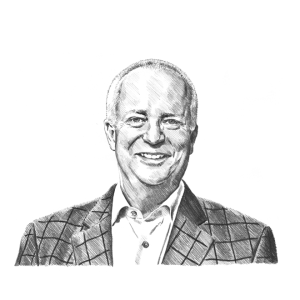
Message from the Dean
In times of uncertainty, the well-being of our patients remains our true north. -
Features
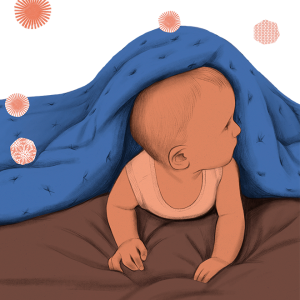
Good Medicine
New research aims to extend the power of existing vaccines — and develop even better ones in the future. -
Features

Labor of Love
Weill Cornell Medicine faculty seek to better integrate family and paid caregivers into the practice of medicine, guided by the knowledge that what’s good for the caregiver is good for the patient. -
Features
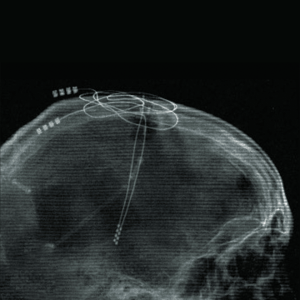
Rewired
Through deep brain stimulation and brain-computer interfaces, neurologist Dr. Nicholas Schiff (M.D. ’92) is pioneering efforts to improve life for patients with traumatic brain injury.
-
Notable
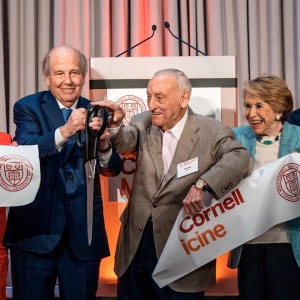
New Student Residence Completed
The new Feil Family and Weill Family Residence Hall offers a thriving environment for aspiring doctors, scientists, and health-care leaders. -
Notable
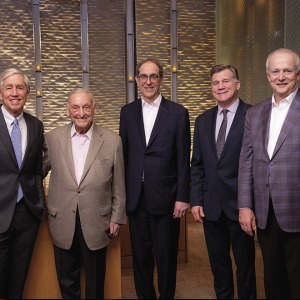
$50 Million Gift for Weill Cancer Hub East
At the Weill Cancer Hub East, experts from four leading research institutions will collaborate on research to understand the relationships between metabolism, nutrition, and cancer. -
Notable
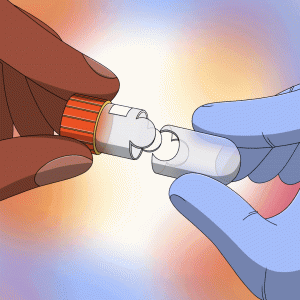
Dateline
Dr. Radhika Sundararajan has developed an intervention to work with traditional healers to address HIV in Uganda. -
Notable

Overheard
Weill Cornell Medicine faculty members are leading the conversation about important health issues across the country and around the world. -
Notable
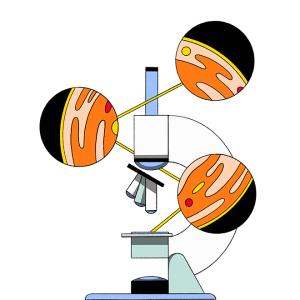
News Briefs
Notable faculty appointments, honors, awards and more — from around campus and beyond. -
Grand Rounds
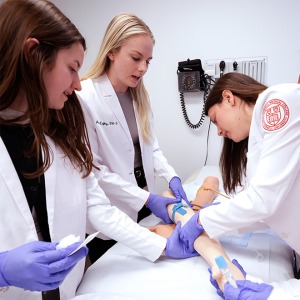
Physician Assistants to the Fore
Aspiring medical practitioners are flocking to Weill Cornell Medicine’s physician assistant program, helping to head off provider shortages and enhance patient care. -
Grand Rounds
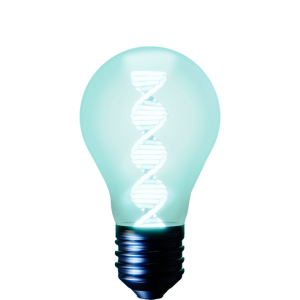
Biomedical Entrepreneurial Thinking
The latest cohort of the Accelerating BioVenture Innovation program makes its pitches. -
Grand Rounds
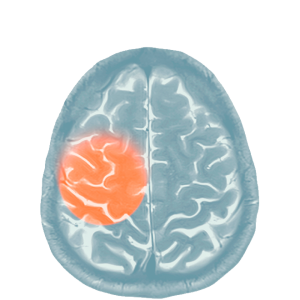
News Briefs
The latest on teaching, learning and patient-centered care. -
Discovery
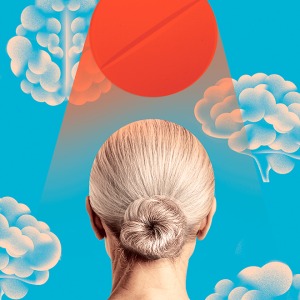
Benfotiamine Boosts
Decades of work leads to clinical trial for early Alzheimer’s treatment. -
Discovery

Reducing Risk of Opioid Addiction While Alleviating Pain
A new study suggests that increasing the levels of naturally produced endocannabinoids may thwart the highly addictive nature of opioids while maintaining the drugs’ ability to relieve pain. -
Discovery
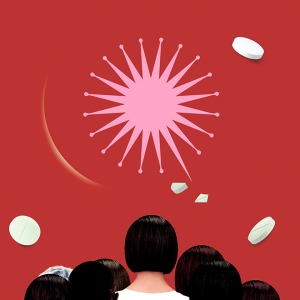
Findings
The latest advances in faculty research, published in the world’s leading journals. -
Alumni
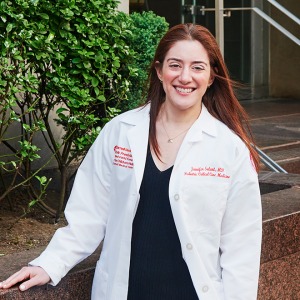
Profiles
From supporting critically ill children and their families to negotiating licensing deals for the world's first COVID-19 vaccine, our alumni are making an impact.
-
Alumni
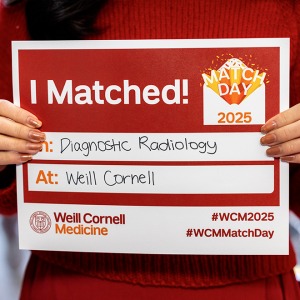
Notes
What’s new with you?
Keep your classmates up to date on all your latest achievements with an Alumni Note.
-
Alumni

In Memoriam
Marking the passing of our faculty and alumni. -
Alumni
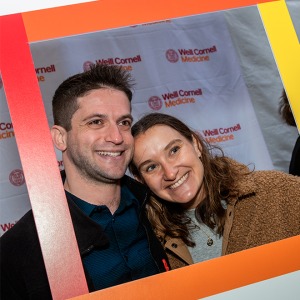
Moments
Marking celebratory events in the lives of our students and alumni, including Match Day and Commencement. -
Second Opinion
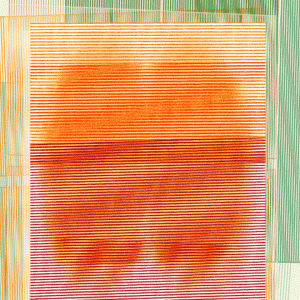
Image Making
How will today’s advances in radiology transform patient care? -
Exchange
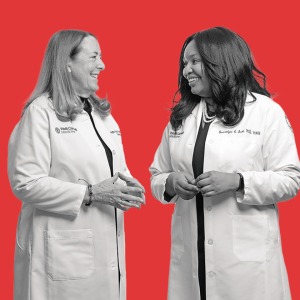
Community Outreach
A physician and a nurse discuss how engagement can transform community health and clinical practice. -
Muse

‘Settled’ by Nature
Dr. Nicole Goulet is a trauma and critical care surgeon who finds inspiration from being a lifelong athlete and outdoor enthusiast. -
Spotlight
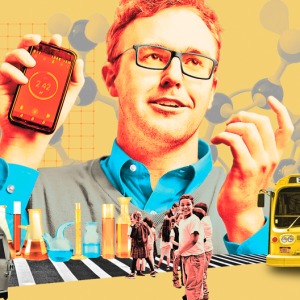
Going Mobile
Dr. Robert Frawley (Ph.D. ’16) brings science to students aboard the BioBus.